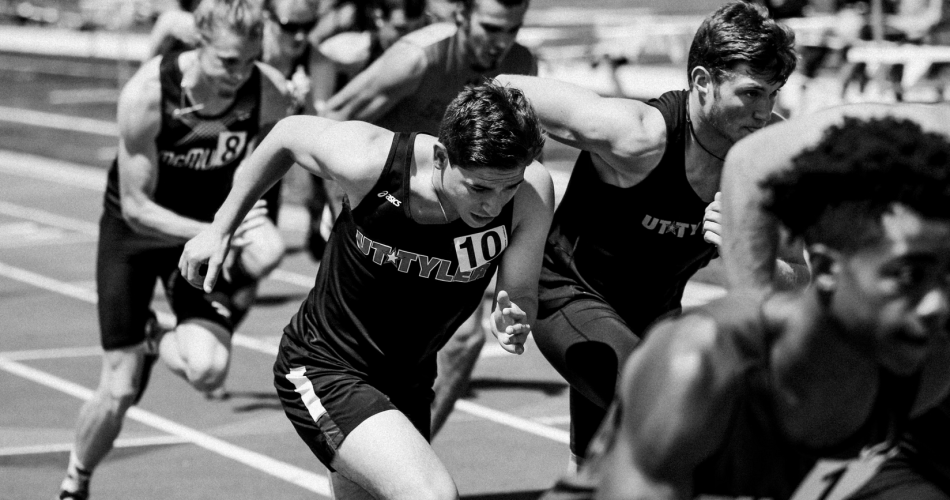Imagine this: you’re at the 30-kilometer mark of a marathon, with over two hours of running behind you. Suddenly, you feel your energy draining, your muscles seem to fill with lead, and each step becomes incredibly difficult. This is known as “the marathoner’s wall,” or “the wall”—a situation that is the most challenging both physically and psychologically, familiar to many runners.
The primary reason for this condition is the depletion of glycogen stores in the muscles and liver. Glycogen acts like highly flammable gasoline for your body. When its reserves are depleted, the body begins to use fat, which can be compared to slowly burning coal. However, the process of “burning” fat requires more oxygen and energy, making it a less efficient fuel. This is why you suddenly feel fatigued.
But it’s not just about glycogen. The loss of a large amount of fluid and electrolytes through sweat leads to dehydration, which impairs muscle function and reduces a marathoner’s endurance. An imbalance of electrolytes, such as sodium and potassium, can cause muscle cramps, which is why some runners might literally collapse.
All these factors heavily impact morale: a marathon is not just a physical, but also a mental challenge. The appropriateness of participating in it is a choice for each individual.
Annually, many runners, mostly amateurs, die in marathons. People who regularly participate in such races are at a high risk of serious cardiovascular system changes. However, if you decide to go ahead, you need to know how athletes prepare for a marathon and overcome “the wall.”
It all starts with rigorous and long-term training, thorough psychological preparation, and running strategies. Going into a marathon without this is an absolutely foolish decision. It can seriously affect your health, even leading to fatal outcomes.
Proper diet before and during the race is also essential:
- Each participant needs to replenish glycogen stores. This is typically done by consuming oats, pasta, and potatoes.
- During the race itself, it’s advisable to switch from “long” carbohydrates to lighter meals: energy gels, bars, etc.
- Proper hydration is crucial. Consuming fluids enriched with electrolytes will save an athlete from cramps and support muscle function.
But remember: this challenge is hardly aligned with the concept of health and a healthy lifestyle that we adhere to. Is it worth subjecting yourself to such stress, even with excellent preparation? That’s a good question…
Scientific References:
- Glycogen depletion: Studies show that glycogen stores are critical for endurance activities like marathons. Depletion leads to increased fatigue and decreased performance (Coyle, E. F. “Substrate utilization during exercise in active people.” American Journal of Clinical Nutrition, 1995).
- Fatigue and electrolyte imbalance: Research has established a link between electrolyte imbalance, particularly sodium and potassium, and muscle cramps during long-duration sports (Stofan, J. R., et al. “Sweat and sodium losses in NCAA football players: a precursor to heat cramps?” International Journal of Sport Nutrition and Exercise Metabolism, 2005).
- Impact of dehydration on performance: A study has shown that even mild dehydration can impair performance and cognitive function during endurance activities (Cheuvront, S. N., et al. “Dehydration: Physiology, Assessment, and Performance Effects.” Comprehensive Physiology, 2013).
Disclaimer
The information provided in this article is for general informational purposes only. The content presented on this website should be considered solely as opinions and personal experiences. Read more
